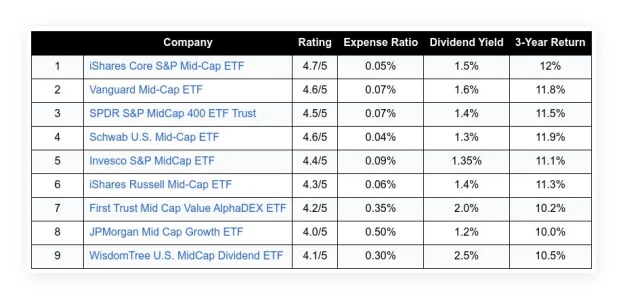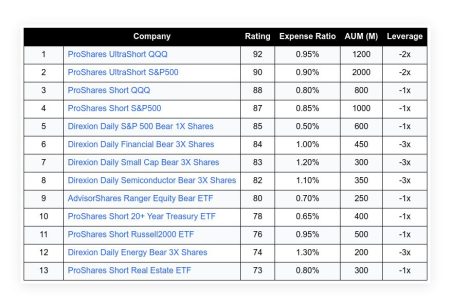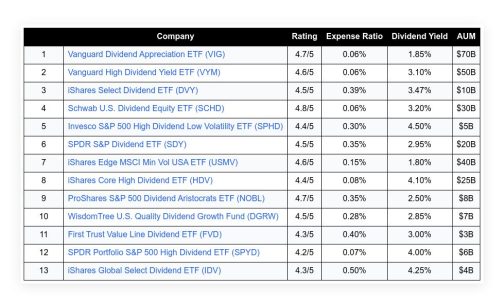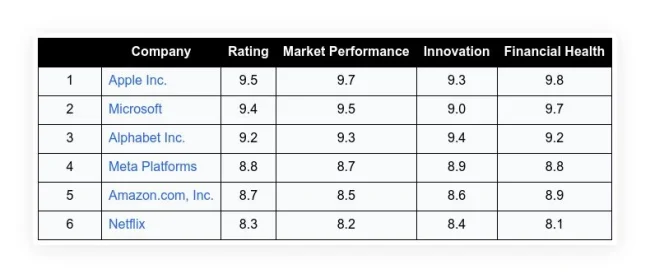Federal Reserve Chairman Jerome Powell faces an unprecedented challenge to his leadership as former President Donald Trump’s team proposes establishing a shadow Federal Reserve chairperson. This development marks a significant moment in the relationship between political figures and the Federal Reserve’s independence.
Table of Contents
ToggleCurrent Leadership and Legal Framework
Jerome Powell’s position as Federal Reserve Chairman is secured until May 2026 through legal protections that prevent his removal from office. These safeguards were specifically designed to maintain the Federal Reserve’s independence from political interference and ensure stable monetary policy management.
View this post on Instagram
The Shadow Chair Proposal
Trump’s proposed Treasury Secretary selection, Scott Besson introduced a controversial plan to establish a shadow Federal Reserve chairperson. This unprecedented proposal includes several key elements:
- The shadow chair would have no official authority or power
- The position would serve to challenge and critique current Fed decisions
- The appointed individual would likely become the next Fed chair after Powell’s term
Potential Impact on Monetary Policy
Introducing a shadow chair could create significant complications for U.S. monetary policy implementation. This dual-voice system might lead to:
Market uncertainty would likely increase as investors and financial institutions attempt to interpret conflicting signals from both the official and shadow chairs. The global financial community might question the credibility of U.S. monetary policy, potentially affecting international financial markets and the dollar’s status.
The situation could create scenarios where Powell announces policy decisions while the shadow chair publicly contradicts or undermines these positions.
International confidence in U.S. monetary policy could face serious challenges. The Federal Reserve’s reputation for independent decision-making might suffer, affecting its ability to implement effective monetary policy.
Institutional Independence
This proposal raises significant concerns about the Federal Reserve’s independence, a principle that has been fundamental to U.S. monetary policy for decades. Establishing a shadow chair could be seen as an attempt to circumvent the legal protections that ensure the Fed’s autonomy from political pressure.
Financial experts warn that such an arrangement could damage the Federal Reserve’s credibility and effectiveness in managing monetary policy. The potential for conflicting messages could create confusion in financial markets and undermine the clear communication strategy that modern central banking relies upon.
Frequently Asked Questions
Q: What legal authority would a shadow Fed chair have?
A shadow Fed chair would have no legal authority or official power over monetary policy decisions. The position would be purely informal and advisory in nature, with no ability to implement or enforce policy changes.
Q: Can the President remove the Federal Reserve Chairman before their term ends?
No, the President cannot remove the Federal Reserve Chairman before their term expires. The law provides specific protections to ensure the Fed’s independence from political interference.
Q: How might financial markets react to a shadow Fed chair?
Financial markets would likely experience increased volatility and uncertainty due to conflicting messages between the official Fed chair and the shadow chair. This could complicate investment decisions and potentially affect market stability.

















